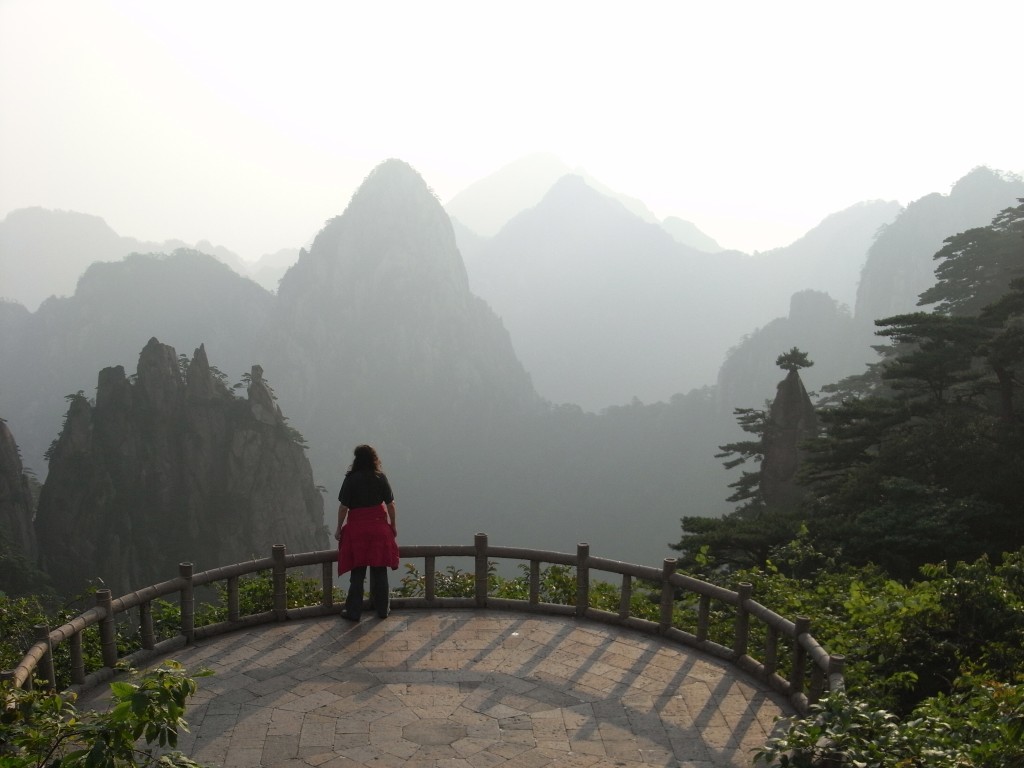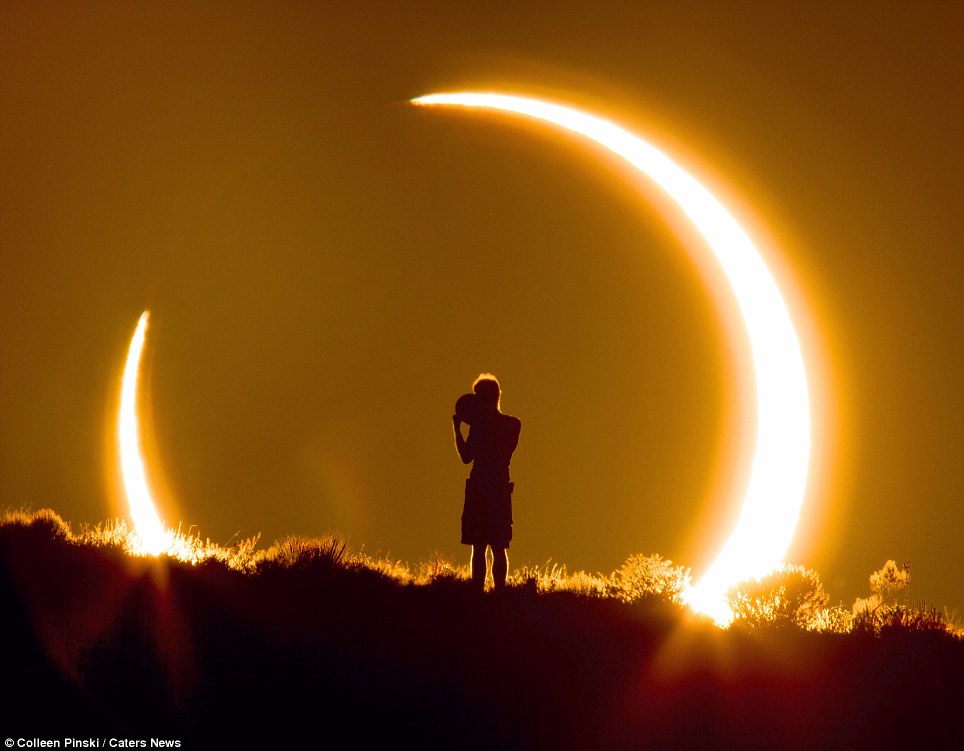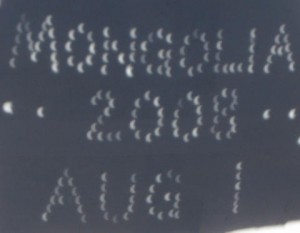
A recent article on awe published in Psychological Science by three American business school researchers has been making the rounds of online magazines and blogs this weekend.
In this experimental study, the researchers explored the impact of awe by either eliciting memories of experiences of awe, or by creating awe using images. They found that those who experienced awe subsequently reported having more time available to help others, increased patience, a less materialistic outlook, and were more willing to help others.
“The researchers found that the effects that awe has on decision-making and well-being can be explained by awe’s ability to actually change our subjective experience of time by slowing it down. Experiences of awe help to bring us into the present moment which, in turn, adjusts our perception of time, influences our decisions, and makes life feel more satisfying than it would otherwise.”
Eclipse chasers are well aware that awe has this impact upon our perception of time, our sense of self, and our experience of the world. These themes were identified in my book following the analysis of phenomenological interviews. These findings confirm real-life research with eclipse chasers is consistent with experimental studies.
Melanie Rudd, Jennifer Aaker and Kathleen Vohs. Awe Expands People’s Perception of Time, Alters Decision Making, and Enhances Well-Being. Psychological Science, 2012



